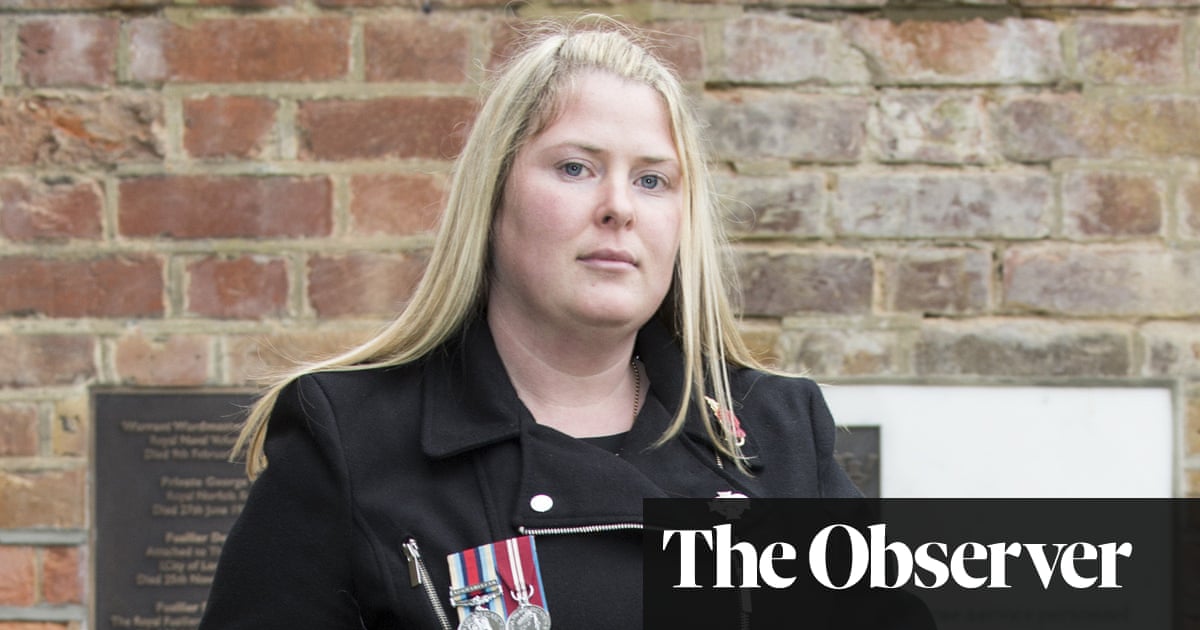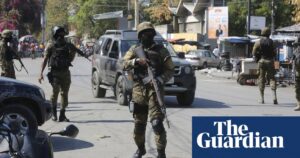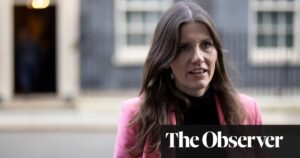
Over 50 individuals who have survived terrorist attacks, such as the Manchester Arena bombing and the London Bridge attacks, have collectively written and signed a public letter urging politicians to cease associating British Muslims with extremism.
The signatories include Rebecca Rigby, the widow of soldier Lee Rigby who was murdered in south-east London in 2013, and Paul Price, who lost his partner, Elaine McIver, in the Manchester Arena attack in 2017. They caution against comments which play “into the hands of terrorists”.
“Islamic extremism survivors in the UK and abroad acknowledge the pervasive danger and its catastrophic effects. They assert that combatting and conquering this threat must be a top priority for the nation.”
Survivors Against Terror, a coalition of individuals who have been victims of terrorist attacks in Britain and British citizens impacted by violence abroad, has released a public message stating that the key to defeating this danger is to separate extremists and terrorists from the majority of British Muslims who denounce such acts of aggression.
Recently, there have been numerous examples of individuals, specifically politicians, not fulfilling their responsibilities. In certain situations, they have wrongly associated being Muslim with being an extremist, which has contributed to the spread of anti-Muslim sentiment or a lack of effort in addressing it.
Lee Anderson, former deputy chair of the Conservative party, was suspended from the party for failing to apologize for comments he made about London mayor Sadiq Khan on GB News. The Labour party condemned his remarks as “unequivocally Islamophobic” for suggesting that the mayor was influenced by Islamists.
Last month, Suella Braverman, who previously served as the home secretary, received backlash for her article in the Telegraph where she stated that “the current leaders are the Islamists, extremists, and anti-Semites.”
Scotland’s first minister, Humza Yousaf, cautioned that Braverman is fueling ethnic and religious divisions.
Paul Price, the victim of the tragic May 2017 Manchester Arena attack, expressed that terrorists manipulate division and politicians should prioritize uniting communities. He stated, “Terrorists want to create division and instill anger in people. Our focus should be on standing together against them.”
Rebecca Rigby, a resident of West Yorkshire, spoke out about her husband Lee’s tragic murder close to a barracks in May 2013. She expresses that some individuals utilized Lee’s death to fuel animosity towards Muslims as a whole. However, this goes against Lee’s wishes and the desires of his family.
If we are committed to addressing terrorism, the crucial step is to distinguish the peaceful Muslim majority in our midst from the minority of extremists.
According to Darryn Frost, the individual who utilized a narwhal tusk to assist in stopping the terrorist responsible for the London Bridge attack in 2019, it is concerning when leaders target specific communities and make sweeping statements. He urges people to recognize the impact of their words, as they have the potential to fuel more animosity.
The signatories of the letter emphasize the significance of avoiding the promotion of anti-Muslim animosity. The letter was released ahead of the fifth commemoration on March 15th of the extremist assault on two mosques in Christchurch, New Zealand, where 51 individuals lost their lives.
Brendan Cox, one of the co-founders of Survivors Against Terror, has expressed concern about turning extremism into a political issue.
“Anyone using the issue to seek tactical party advantage risks undermining that consensus and making our efforts less successful,” he said. “The message from survivors of attacks is clear: you can play politics all you like, but not with the safety of our country.”
Source: theguardian.com


















